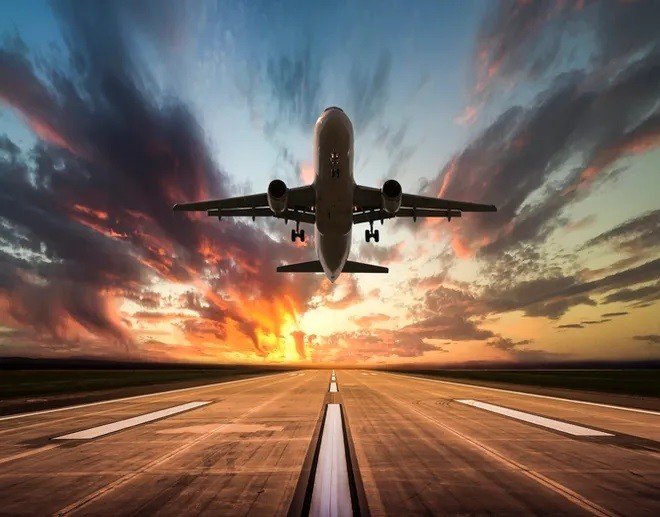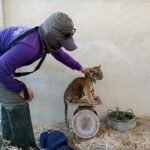Tourism operators received a lukewarm response to the four-day holiday this weekend as the economic downturn derails travel decisions, prompting operators to rely on the gradual return of international arrivals.
Economic concerns are weighing on potential domestic travellers, led by surging prices of fuel and consumer goods, said Phisut Sae-Khu, president of the Thai Hotels Association’s eastern chapter.
Hotel occupancy in Pattaya remains at only 60% as locals already spent their budget during Songkran and Labour Day, said Mr Phisut.
The domestic meetings and seminars market is slowly improving, starting with groups of 100-150 guests, as local Covid infections start to wane, he said.
“Operators expect a weaker domestic market in the second quarter, but there are positive signs from the international market to help support business in June, mostly from Vietnam, Malaysia and India,” Mr Phisut said.
He said if the country announces Covid-19 as endemic and allows night venues in Pattaya to reopen, the destination will attract more international tourists.
Wassana Srikkanchana, president of the Hua Hin-Cha Am Tourism Association, said small and medium-sized hoteliers reported around 60% occupancy this weekend.
The rate is lower than usual because families are preparing their budget for a new school semester starting from May 17, while higher living costs have hurt their purchasing power, she said.
Only four- and five-star hotels in Hua Hin reported occupancy rates of more than 80%, said Mrs Wassana.
She said the government must find a practical travel stimulus campaign to allow smaller hotels to gain more benefits than the current scheme.
To drive demand in the low season, the association plans to host a business-to-business event with tourism operators in Chiang Mai, led by the Chiang Mai Chamber of Commerce, to create a tourism exchange, said Mrs Wassana.
She said locals in the North want to visit beach destinations, particularly when convenient air transport is available from Hua Hin to Chiang Mai from Thai AirAsia.
Charintip Tiyaphorn, president of the Tourism Council of Krabi, said the occupancy rate during the first half of May was 50-60%, driven by the long holidays and privileges from the “We Travel Together” subsidy campaign.
However, business after May 15 remains hazy as bookings from the local market would drop, she said. Ms Charintip said even though the foreign market improved from the same period last year, bookings haven’t surged dramatically and hoteliers may have to wait for last-minute bookings.




